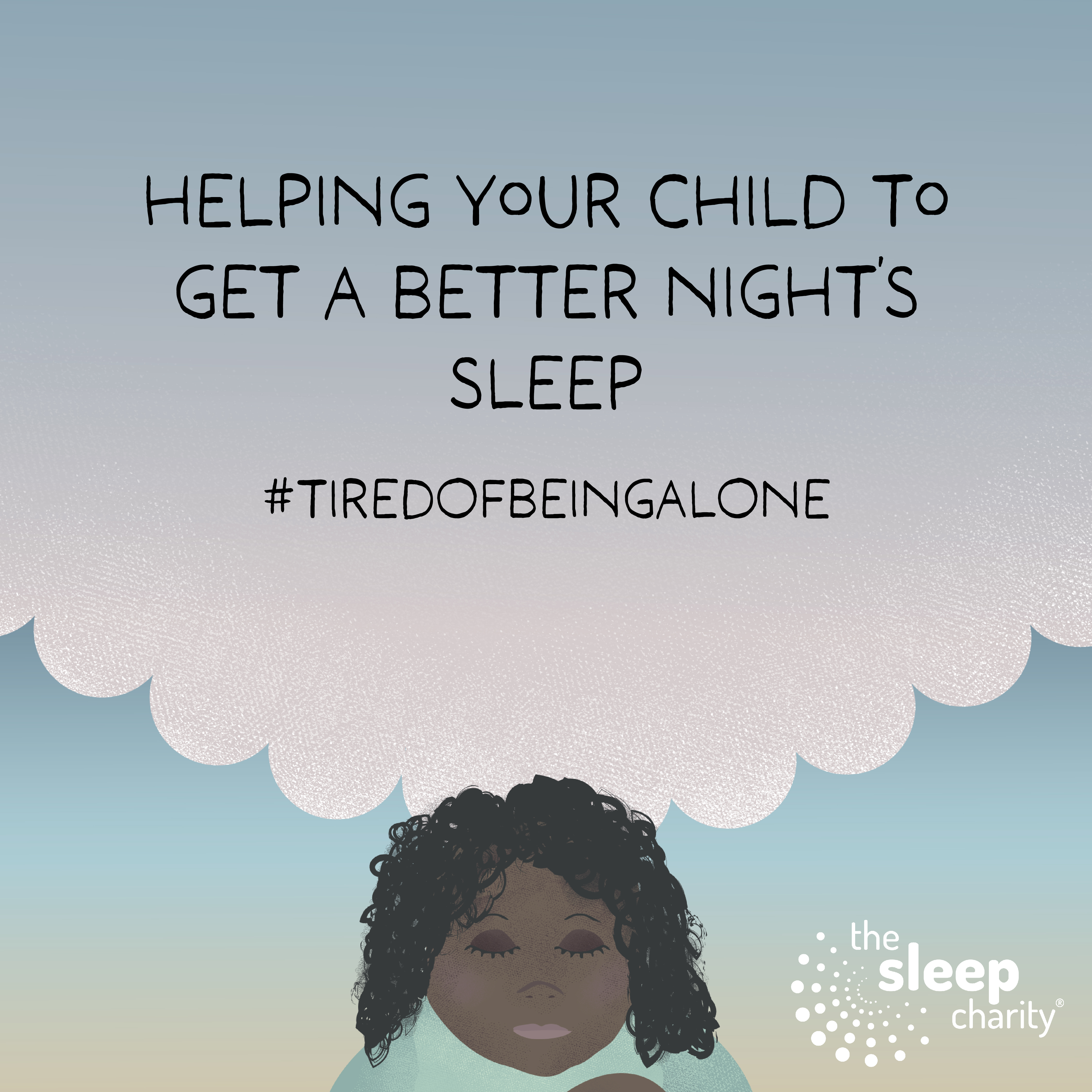The summer holidays often bring welcome freedom from early alarms and strict routines. For children, this can mean later nights, lie-ins, and a more relaxed approach to bedtime. While this is a natural part of enjoying the break, it can make the transition back to school more challenging – especially when early mornings return.
As Vicki Beevers, CEO of The Sleep Charity, explains:
“Summer holidays are a fun and exciting time, but they can also disrupt bedtimes. During the break it’s tempting to allow youngsters to sleep in later, however it’s important that they get into a routine before they go back to school.
Sleep isn’t taken seriously enough by most people. If youngsters were getting less food than they needed to function well, people would be horrified. But when it comes to sleep, we seem as a nation to be very accepting of sleep deprivation – which can have serious consequences for mental, physical and emotional health.”
Quality sleep supports concentration, mood, energy levels, and overall wellbeing – all of which are crucial for a successful start to the school year. The good news is that parents play an important role in helping kids get back on track before term begins.
Here are our top strategies:
Adjust Bedtimes Gradually
If your child has been going to bed much later than usual, shift bedtime and wake-up time earlier in small steps – around 15–20 minutes every day – until you reach the desired schedule. Sudden changes can be difficult for the body to adjust to.
Encourage Morning Light
Exposure to natural light soon after waking helps reset the body clock. Open curtains straight away or, if possible, encourage your teen to step outside for a few minutes in the morning.
Maintain a Consistent Schedule
Once a healthy bedtime and wake time are established, try to keep them consistent – even at weekends. Staying within an hour of the usual routine will make it easier to sustain good sleep habits.
Prepare Ahead
Support your child in getting organised the night before. Having their school bag packed, clothes ready, and lunch prepared can reduce stress, helping them to relax more easily at bedtime.
Limit Screen Use Before Bed
Phones, tablets, and computers can make it hard for their minds to switch off – online content is designed to be engaging. Encourage switching off devices at least an hour before bedtime, and consider creating a “no devices in the bedroom” rule at night.
Create a Sleep-Friendly Environment
A cool, dark, and quiet bedroom is ideal for sleep. Blackout blinds, earplugs, or a fan can all help create the right environment.
Encourage Wind-Down Time
Gentle, calming activities before bed – such as reading, listening to quiet music, or a warm bath – signal to the body that it’s time to sleep.
Promote Open Conversations
If your child feels anxious about returning to school, encourage them to talk about their concerns. Simply having the opportunity to share worries can help reduce bedtime stress and improve sleep quality.
The Bottom Line
Helping your child re-establish a healthy sleep routine before school starts can make a significant difference to their wellbeing, focus, and mood. By making gradual changes and creating the right conditions for rest, you can support them in starting the new term refreshed, alert, and ready to learn.

